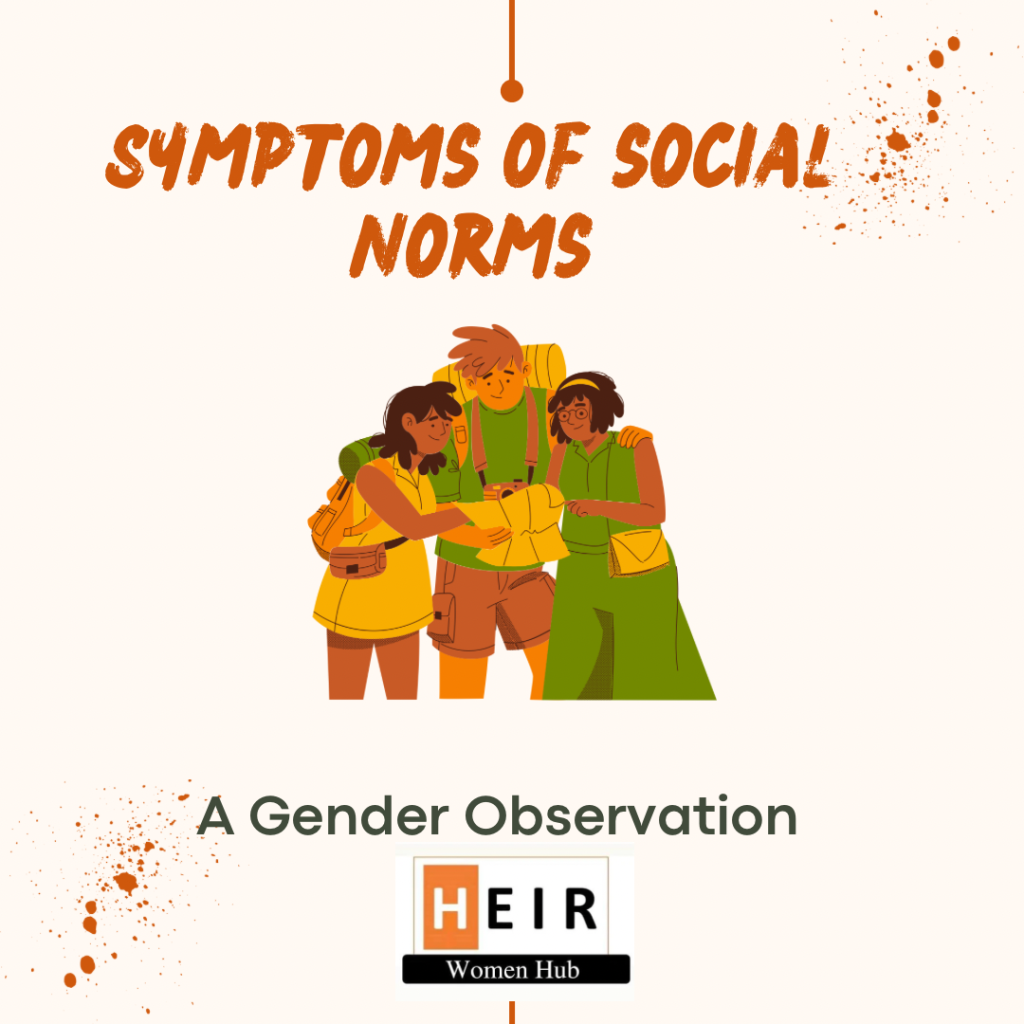
A society that has raised girls to not think outside societal responsibilities, shy away from leading, silenced or shamed by structures of power will be impacted by material representation of them. Historically, this was not the norm as we have had (and still have) women who challenged and changed norms.
Before we see ample representation in positions of leadership and decision making, we need to question our social norms and how this plays a very critical role in achieving an equitable Nation. We keep talking and treating symptoms and numbers (which is good for perception and optics) however the root causes, while debated, produce restricted outcomes. The institutions of power and control still limit the mindsets of those they govern, advocating for inclusion and not implementing for results.
Would you rather someone tells you how it impacts you or would you rather tell the story yourself? The representation of women in the recently inaugurated Economic Advisory Council in Nigeria that will speak to the multi-level poverty issues we face and proffer solutions in our Nation, disavows inclusivity. While the body constitutes some men who can speak to the issues that Nigeria faces economically, the perception it gives is that there are no competent women with Economic capacity to jointly produce solutions. We talk about the way that benefits us all, not some. We need to place the “right” people in the room and “organise” for all Genders.
Many women with capacity, intellectuality, competency and applicable skills are available across age and abilities, to support the re-building of our Nation- Nigeria- and many are in the 3rd sector, private organisations and the diaspora. Across platforms of repute, women are consistently identified and recognised as inspiration, celling breakers, door openers, mindset shifters and outliers yet, to date, women are visibly are missing in positions of authority and decision making.
Our Nation “marks” the themes generated annually by institutions of power such as the United Nations – UN Women, and this themes, while giving the perception of a “theory of change”, also needs to evaluate the possibility and restrictions that may hinder the outcome in adapting countries. We look to Rwanda and Kenya as exceptions but as intentionally mainstreaming policies and participation that centers women.
The term “Inclusion” is been around for a few years and has now become mainstream in humanitarian sectors as the dire need for Gender, Equality and Social Inclusion is necessary now, more than ever. How will Nigeria apply this “GESI” in her affairs in “governing” the Nation? What is the true nature of the symptoms we are still “treating”? What will Nigeria look like if we re-imagine her through a post-colonial lens? Are we truly ready to be a GEI (Gender, Equity and Inclusion) Nation? Where are the “low hanging fruits” that can begin the very crucial work of mainstreaming women and members of the marginalised community in positions of authority? Is the Government playing “lip service” to the core issues?
While I am optimistic about an inclusive Nation and I am also driving my quota in my corner of the Nation, I also see the need to ask for more accountability and seek out people who can represent my needs across all levels of governance. What I see does not look like I am represented.
Change is intentional; more so, inclusion.
Añuli Aniebo
